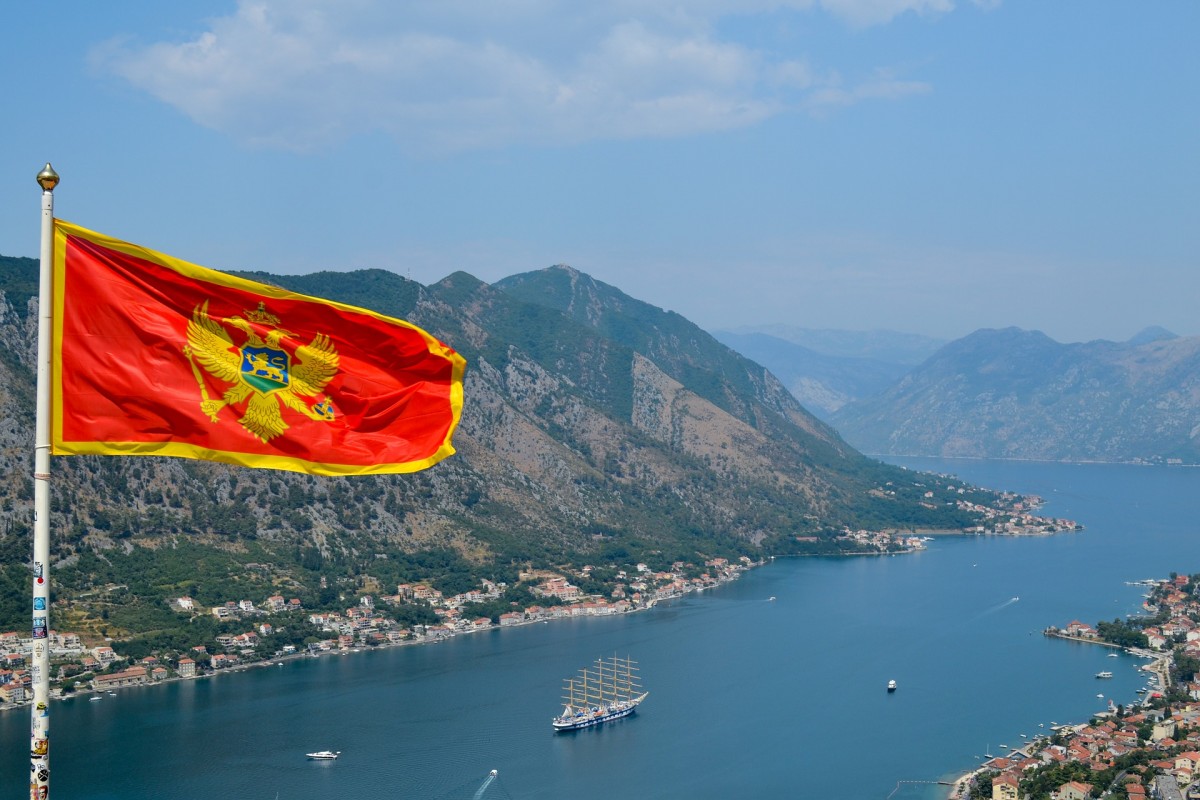Montenegro will need the strong support of the European Union to cope with major economic and political changes and to ensure that it becomes a member of the EU, local and regional politicians from the EU and Montenegro agreed at a meeting on 18 November.
The meeting of the European Committee of the Regions Joint Consultative Committee with Montenegro came in the wake of elections of 30 August that ousted the ruling Democratic Party of Socialists (DPS), which had been in power since 1990. Partial local elections held on the same day removed the DPS from power in four of five municipalities where votes were held. The national and local elections took place in a tense atmosphere and with a record 77% turnout for a general election. Talks on the formation of a new national government continue. The elections came at a point when Montenegro – like all other European states – is battling with the effects of the coronavirus.
Roberto Ciambetti (IT/ECR), President of the Veneto Regional Council and co-Chair of the JCC Montenegro, urged the incoming administrations “to solve all differences and disputes at national, regional, and local level through democratic dialogue in accordance with our common European values. The role of democratically elected bodies and executives responsible to them is central.”
Addressing the joint consultative committee, Tonino Picula (HR/EPP), the European Parliament’s rapporteur on Montenegro, said: “Montenegro is facing a unique event – for the first time in 30 years, a, change in ruling party. Technically, it is the country closest to accession and, unless the reform direction changes, it is likely to become the 28th member of the EU. There has been progress and I commend the efforts to maintain good relations in the neighbourhood, but we would like more to be done, especially relating to freedom of speech and the media.”
Members of the Montenegrin delegation emphasised the importance of EU emergency support for Montenegro, the value of pre-accession funding, and the significance of the prospect of EU membership to catalyse reform. Speakers included Aleksandar Drljević, Montenegro’s Chief Negotiator with the EU, Darko Mrvaljević, chairman of the Committee for European integration and international cooperation from the Union of Municipalities of Montenegro.
The European Commission highlighted findings from its latest report on Montenegro’s progress towards membership of the EU, published on 6 October. The report noted that amendments from May 2019 to laws on local self-government and on municipal police laws should improve staffing and performance, and had already helped local authorities’ financing. On broader governance issues, the Commission said that recommendations from 2019 had only partially been addressed and that there is a need to strengthen transparency, stakeholders’ participation, and the government’s capacity to implement reforms, including of public administration. Progress was limited in areas related to the judiciary, respect of fundamental rights, and the fight against corruption and against organised crime. It emphasised that there had been no progress in the area of the freedom of expression and that the volume of disinformation is rising.
The CoR is currently drafting an opinion on the European Commission’s enlargement reports, which will include references to the situation in Montenegro. The opinion, which should be adopted in February 2021, is being drafted by Nikola Dobroslavić (HR/EPP), prefect of the Dubrovnik-Neretva prefecture.
The Joint Consultative Committee also discussed the impact of the COVID-19 crisis on Montenegro, with expert input and analysis from: Žana Đukić from the Committee for Local Self-Government Financing of Montenegro; Džemal Lekić of the Podgorica municipal administration; Linda Zeilina, chief executive officer of the International Sustainable Finance Centre (ISFC); and Hanna Norberg, founder of Stockholm-based Trade Economista. Montenegro was among the first countries in Europe to react to the pandemic, introducing restrictive measures on 11 March. The pandemic devastated tourism, one of the main sources of income, and the autumn has seen a surge in infections.
Mr. Ciambetti said that, in agreement with the co-chairman, Aleksandar Kašćelan, mayor of Cetinje, “we decided to dedicate the first meetings of the Joint Consultative Committee to the economic recovery from COVID-19, which has affected our economies, both in the European Union and in Montenegro”.
In addition to Mr Ciambetti, the CoR is represented by: Sergio Caci (IT/EPP), mayor of Montalto Di Castro; Gaetano Armao (IT/EPP), Vice-President and Regional Minister for Economy of the Region of Sicily; Isolde Ries (DE/PES), First Vice-President of the Saarland Regional Parliament; Mindaugas Sinkevičius (LT/PES), mayor of Jonava; Vincent Chauvet (FR/Renew Europe), mayor of Autun; Bronius Markauskas (LT/European Alliance), mayor of Klaipėda; and Satu Haapanen (FI/Greens) of Oulu City Council.
The Montenegrin delegation was led by Aleksandar Kašćelan, mayor of Cetinje. Other members present were: Igor Golubović, mayor of Pljevlja; Vladimir Jokić of Kotor; Dušan Raičević, mayor of Bar; and Petar Smolović, mayor of Bijelo Polje.
cor.europa.eu
pixabay

















